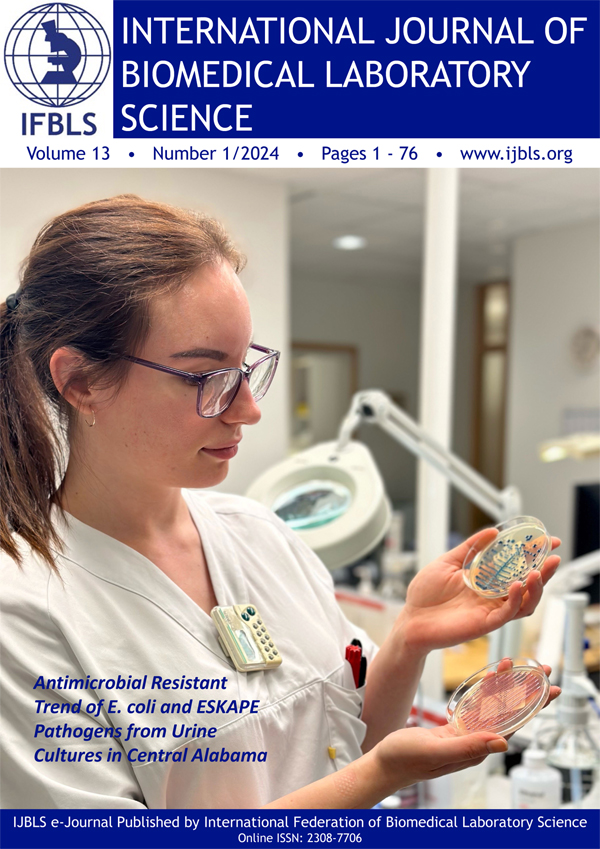Review article: The Clinical Utility of CYP2D6 Molecular Methods for Personalized Pain Management
Madisson Hall, Stephanie Jacobson and Patricia Tille
As the world faces the persisting opioid epidemic ravaging the globe, one of the ways to combat the overuse and misuse of opioids will be through a personalized approach to pain management. The clinical implementation of pharmacogenetic testing is essential to creating patient-centered drug therapies for the safe and effective treatment of pain. Opioids are used for pain management, but the analgesic affect is different on every individual due to genetic variation and the ability to metabolize the drugs. The highly polymorphic CYP2D6 gene is responsible for the metabolism of the commonly prescribed opioids. Genotype and copy number variation of CYP2D6 play a critical role in how affectively the body metabolizes opioids. A wide variety of molecular methodologies are available for the genotype and copy number analysis of CYP2D6 including real-time polymerase chain reaction, sequencing, microarray, and matrix-assisted laser desorption/ionization-time of flight mass spectroscopy. While these technologies have advanced significantly, there are still limitations and challenges associated with integrating pharmacogenetic testing into routine clinical practice. Further research is needed to establish standardized pharmaceutical recommendation guidelines based on CYP2D6 analysis. However, there is compelling evidence that suggests CYP2D6 testing is useful when considering prescribing opioids for pain management. Implementing pharmacogenetic testing for CYP2D6 may reduce aggressive prescription practices of opioids which, in time, will diminish the devastating effects of the opioid crisis.
Key words: Opioid, CYP2D6, pharmacogenetics, pain management
Int. J. Bio. Lab. Sci 2023(12)2:73-84 【PDF】


